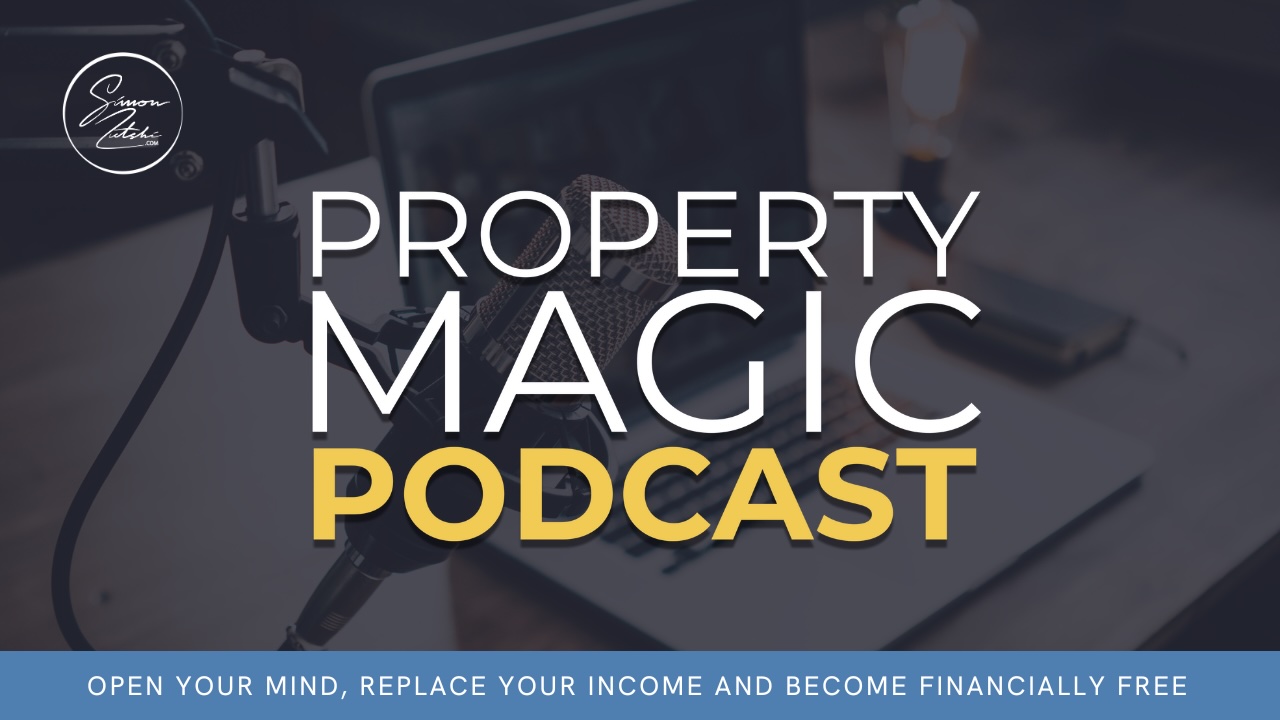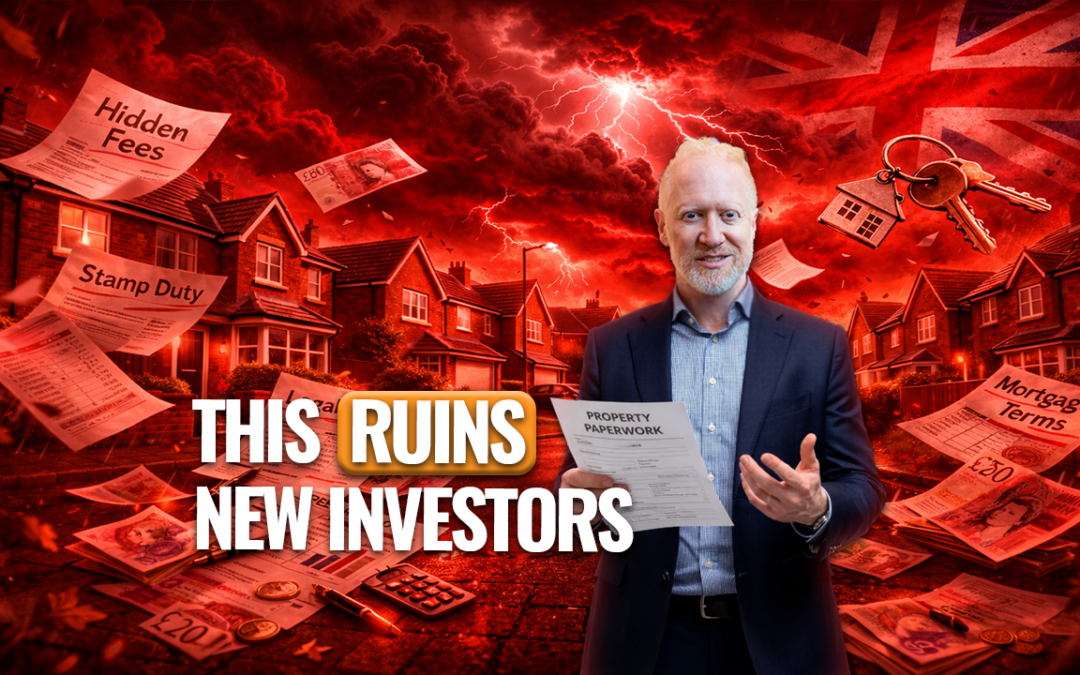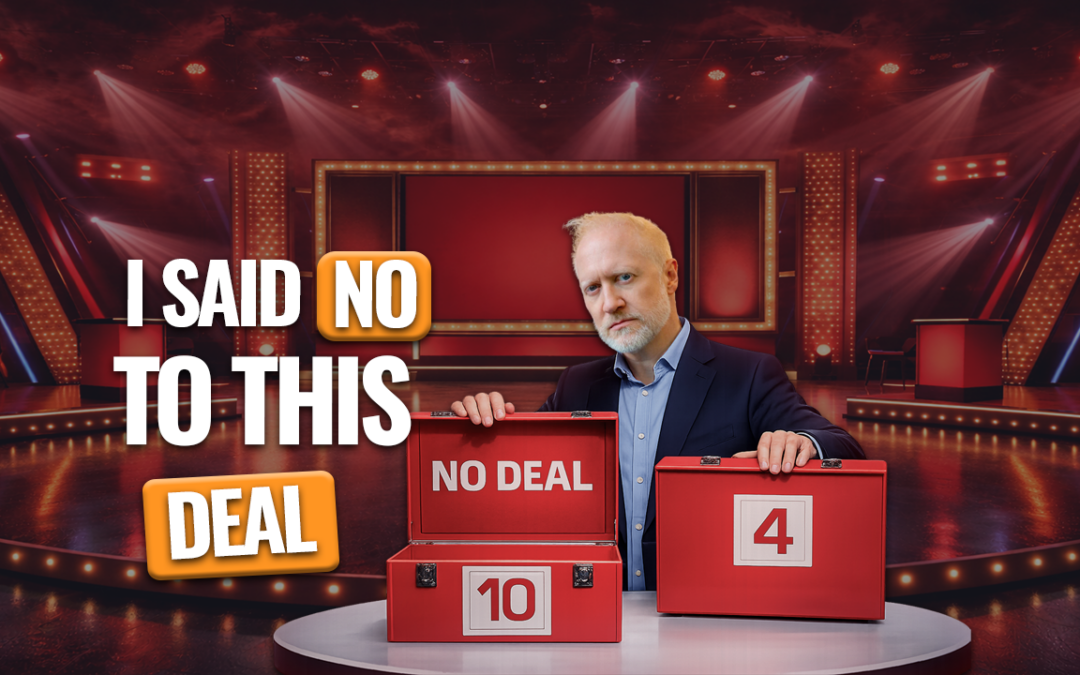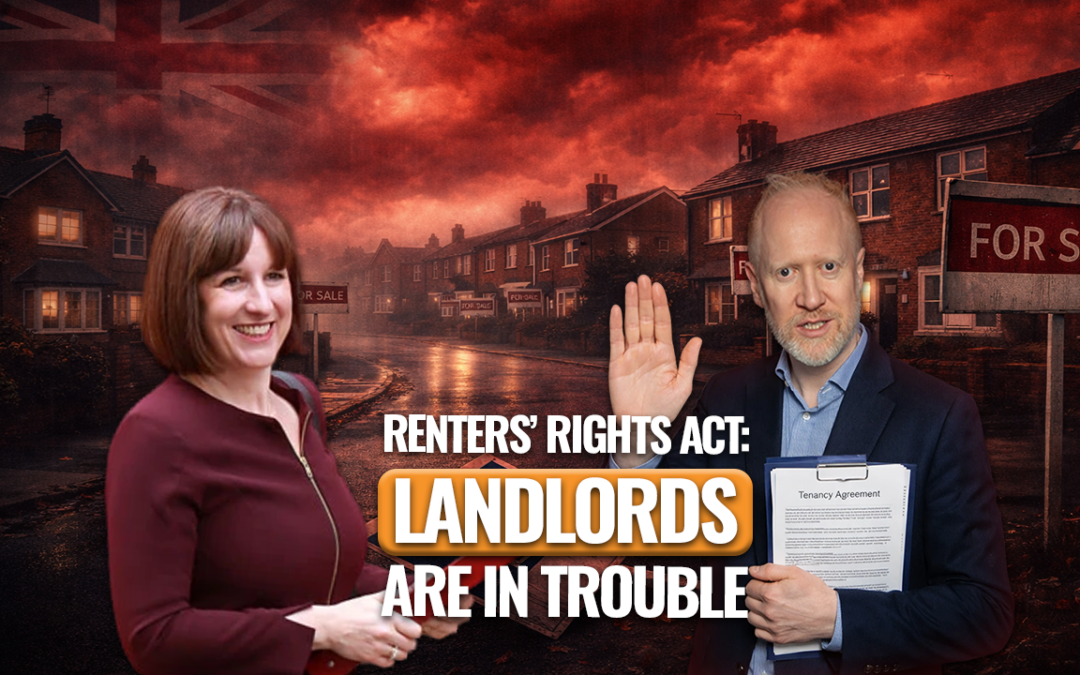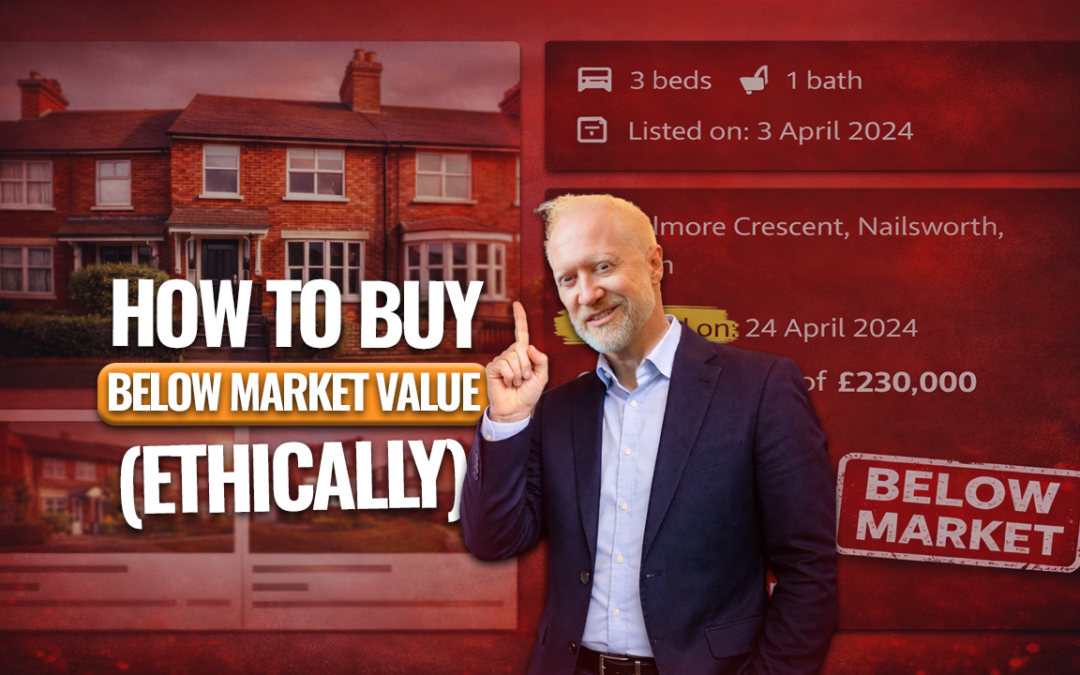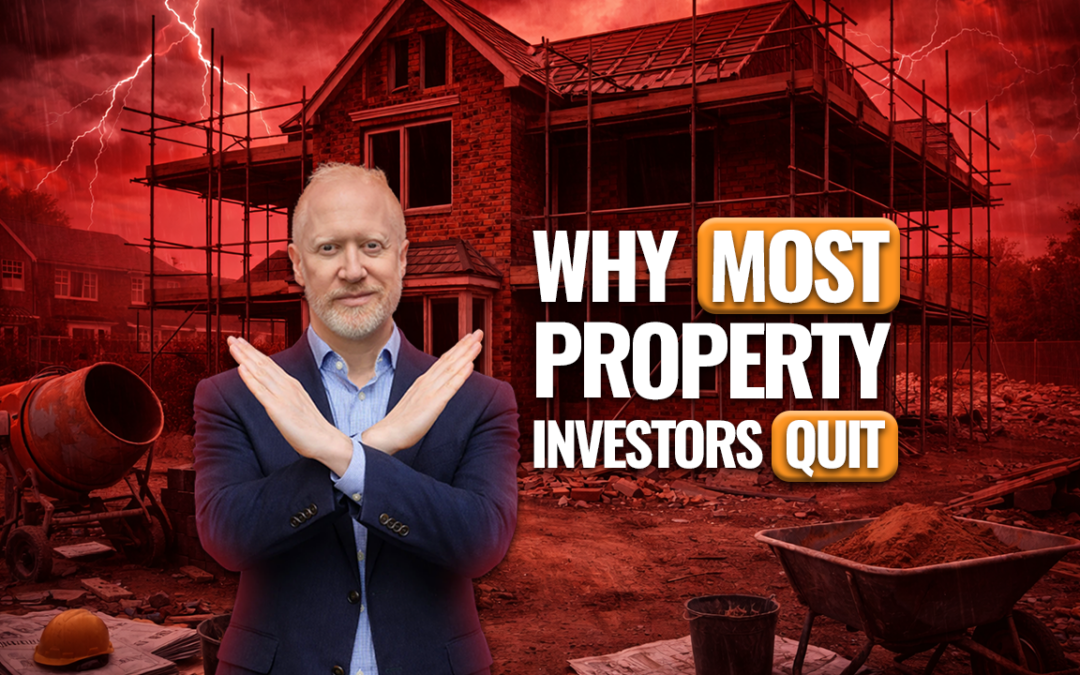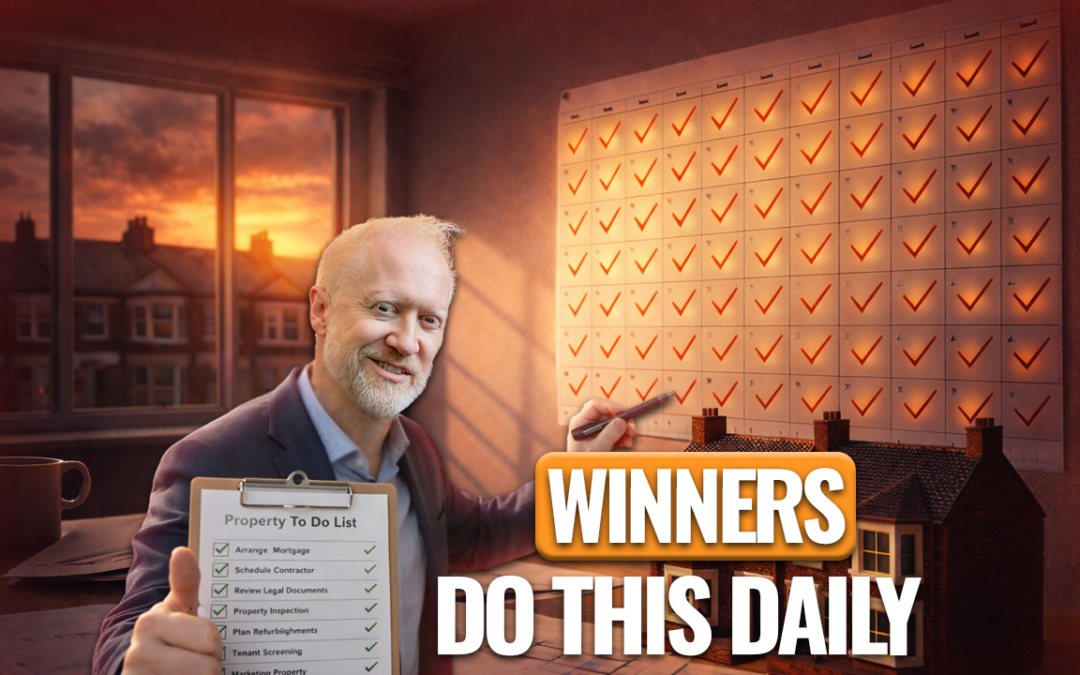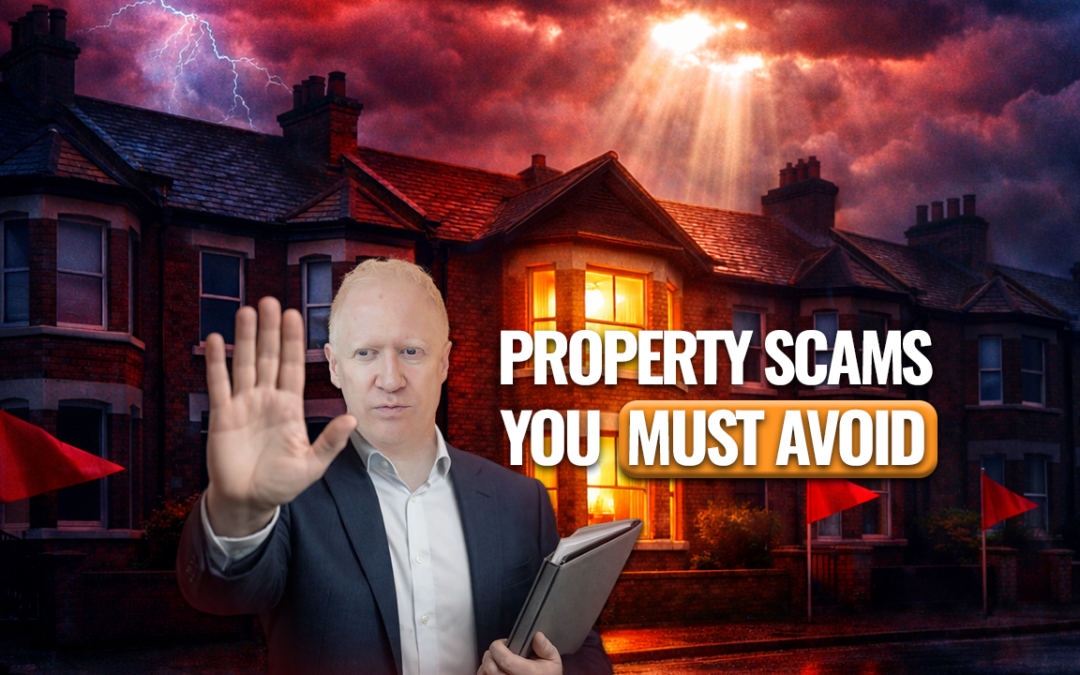When you’re just starting out in property investing, the idea of picking up a repossessed property at a bargain price sounds like a smart move. After all, these are homes where the owner has fallen behind on mortgage payments and the lender is now looking to recover their money—usually by selling the property quickly and below market value. It’s no wonder so many investors scour auctions and estate agent listings looking for repossessed opportunities. But while the discount might seem attractive, the reality is often more complicated, and sometimes even problematic.
The first issue with repossessed properties is their condition. Losing your home is an incredibly stressful experience, and understandably, some owners feel angry and frustrated. Sadly, that sometimes means they leave the property in a poor state, either through neglect or deliberate damage. So what might seem like a good deal on the surface can quickly become a costly renovation project. But there’s a second, far more important point here—and that’s the fact that by the time a property has been repossessed, the opportunity to help the person behind it has already passed.
A More Ethical Approach to Investing
Instead of waiting for repossession to happen, a more impactful and ethical approach is to step in earlier. If someone is struggling with mortgage payments, there’s often a window of time before the lender takes action. This is when a savvy investor can offer a solution—buying the property before it gets tied up in legal proceedings, court hearings, and bailiff evictions. The benefits are twofold. As the buyer, you often secure the same kind of discounted price you’d get at auction, but the property is typically in better shape. And more importantly, the seller avoids the emotional and financial damage of repossession. They may even walk away with some money to start over, rather than being saddled with debt and a ruined credit score.
To put it into perspective, let’s say a home is worth £100,000 with a £70,000 mortgage. By the time it goes through court, incurs legal fees, and is eventually repossessed, that debt could rise to £80,000. If you buy it post-repossession for £75,000, there’s still a shortfall—and the previous owner is often chased for that remaining balance. But if you buy directly from the owner before all those extra costs build up, they can pay off the mortgage, keep the remaining equity, and avoid the financial fallout.
Finding Sellers Before It’s Too Late
The key here is timing. Once someone is evicted, even though the lender has taken possession of the property, there’s still sometimes a brief window where the full mortgage can be repaid and the owner might reclaim the home. But this requires fast action and a lot of moving parts. Ideally, you want to find these homeowners before things get that far. Many sellers bury their heads in the sand, only reaching out when repossession is imminent. But if you know what to look for—such as repeated price drops or terms like “priced to sell”—you can often identify motivated sellers early enough to make a real difference.
Understanding the repossession process not only helps you make better investment decisions, it also puts you in a position to genuinely help people. You’re not just buying a property, you’re offering someone a chance to avoid long-term financial damage. That’s what ethical investing is all about. So next time you hear the word “repossession,” don’t think auction. Think opportunity—to do good, while still doing good business.
If this topic resonates with you, make sure to catch the previous episode of the Property Magic Podcast, where I talk in more detail about ethical investing strategies. It really brings the whole picture together.


